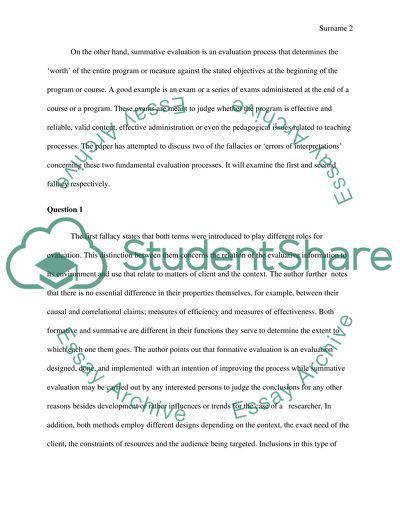Reading Questions Assignment Example | Topics and Well Written Essays - 500 words. Retrieved from https://studentshare.org/education/1582432-reading-questions
Reading Questions Assignment Example | Topics and Well Written Essays - 500 Words. https://studentshare.org/education/1582432-reading-questions.


